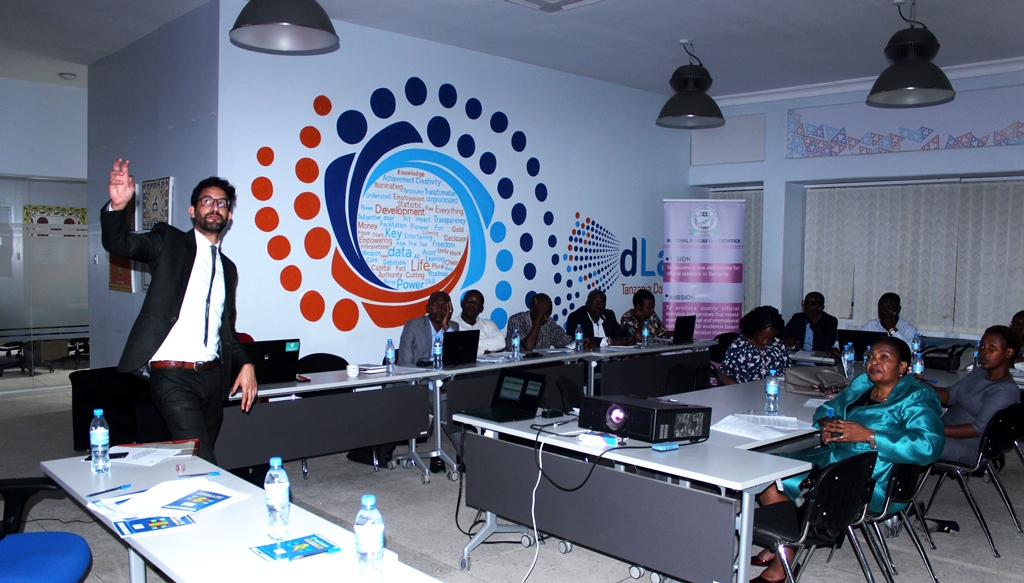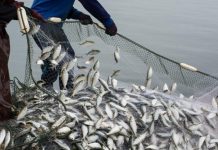THE United Nations (UN) has picked Tanzania for a pilot project gauging the implementation of Sustainable Development Goal 17, which stresses on strengthening and revitalising the global partnership for sustainable development.
Tanzania makes the list alongside her neighbour Kenya and Burkina Faso in West Africa, as the only countries picked up for the pilot project among all 54 countries on the continent.
After the expiration of the Millennium Development Goals (MDGs) in 2015, the United Nations (UN) designated 17 SGDs with an aim of accelerating economic growth between member states by the year 2030.
Building on the principle of “leaving no one behind,’’ the new Agenda emphasizes a holistic approach to achieving sustainable development for all.
Tanzania has so far implemented eight targets among the priorities and the country presented her implementation report to the UN, the Director General of the National Bureau of Statistics (NBS) Dr Albina Chuwa said on Monday in Dar es Salaam.
She was speaking during the launch of two-day training on the measures used to gauge the implementation of the development targets.
“Tanzania was selected after the UN recognised how the country has been on the forefront in implementing targets and priorities set by the global body,” the chief government statistician explained.
Dr Albina stressed that the two-day training on measuring how the government is implementing the targets will enable experts to obtain accurate statistics on execution of the SDGs.
According to the NBS boss, Tanzania has received accolades for implementing target number four which focuses on quality education as well as target number six which emphasizes the fight against corruption.
The other area that the UN used to measure Tanzania is the implementation of target number eight, which emphasizes on promoting sustained, inclusive and sustainable economic growth, full and productive employment and decent work for all.
Dr Chuwa pointed to the fact that provision of free primary and secondary education is among the factors which have raised the status of Tanzania towards attainment of the 2030 SDGs.
“The country has also made significant progress in the fight against corruption,” she said, reflecting on the country’s implementation of SDG 16.
She said Tanzania has also done well in environmental protection as stipulated under goal 11, which calls for countries to make cities and human settlements inclusive, safe, resilient and sustainable.
“The banning of plastic carrier bags has placed Tanzania as among countries that have fared well in execution of goal number 11 which focuses on environmental conservation,” she explained.
Dr Chuwa noted further that UN experts measured the implementation of set goals by making a close follow up on how governments were working to achieve the priorities.
Speaking at the occasion, the Managing Director of Datalab Tanzania, Mr Steven Chacha, added that goal number 17 stresses on inclusion of the private sector in bringing about development.
Mr Chacha, who was representing civil society organisations, said it was high time the government put in place favourable policies for the private sector.
The SDG number 17 targets strengthening domestic resource mobilisation, including through international support to developing countries, to improve domestic capacity for tax and other revenue collection.
The goal also aims at promoting the development, transfer, dissemination and diffusion of environmentally sound technologies to developing countries on favourable terms, including on concessional and preferential terms, as mutually agreed.
It also seeks to increase significantly the exports of developing countries, in particular with a view to doubling the least developed countries’ share of global exports by 2020.







